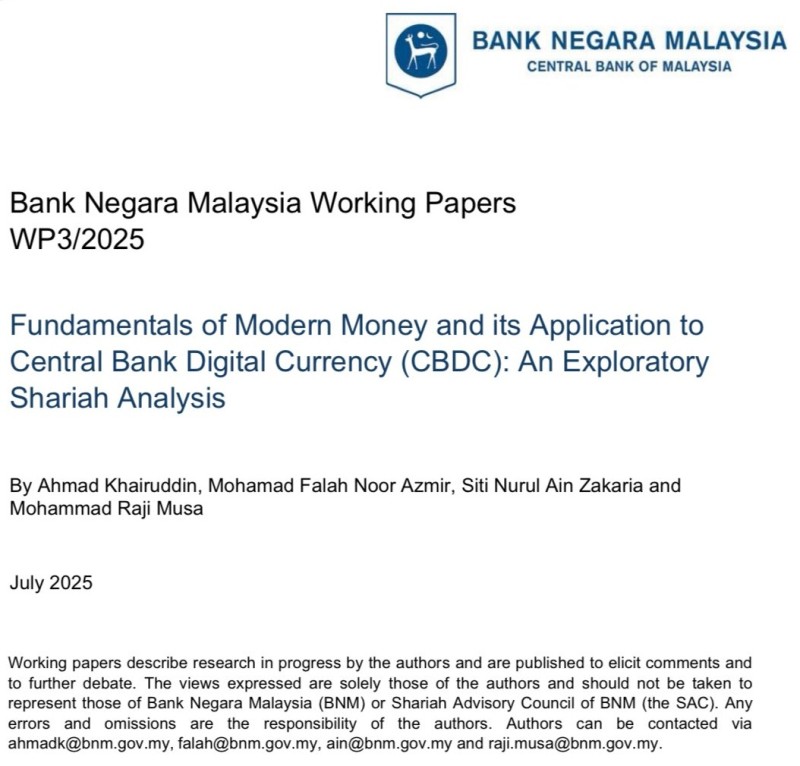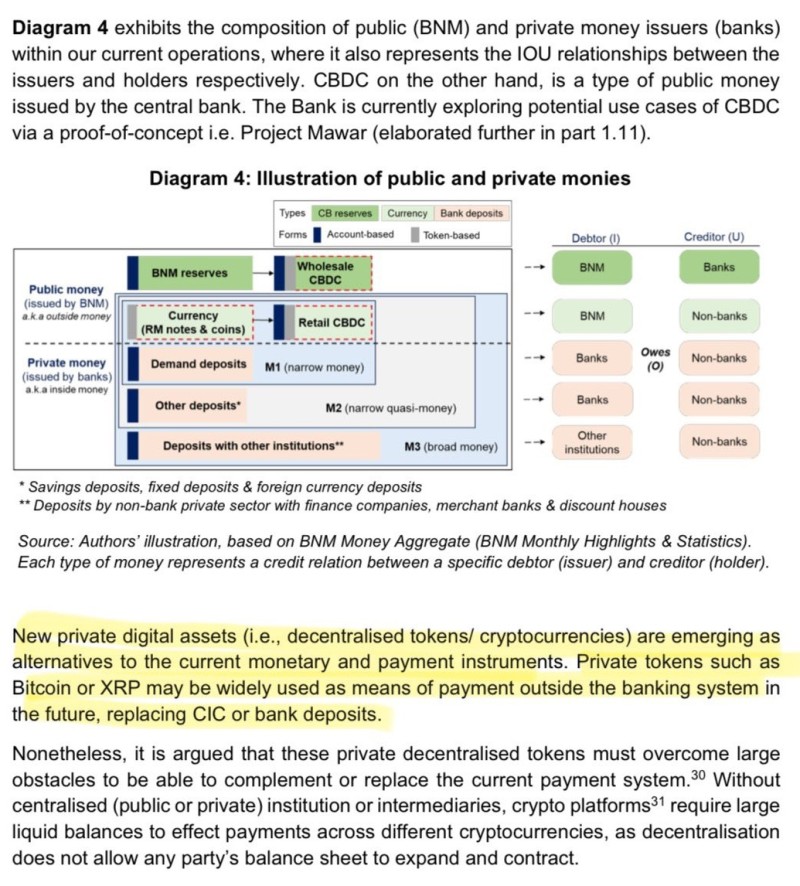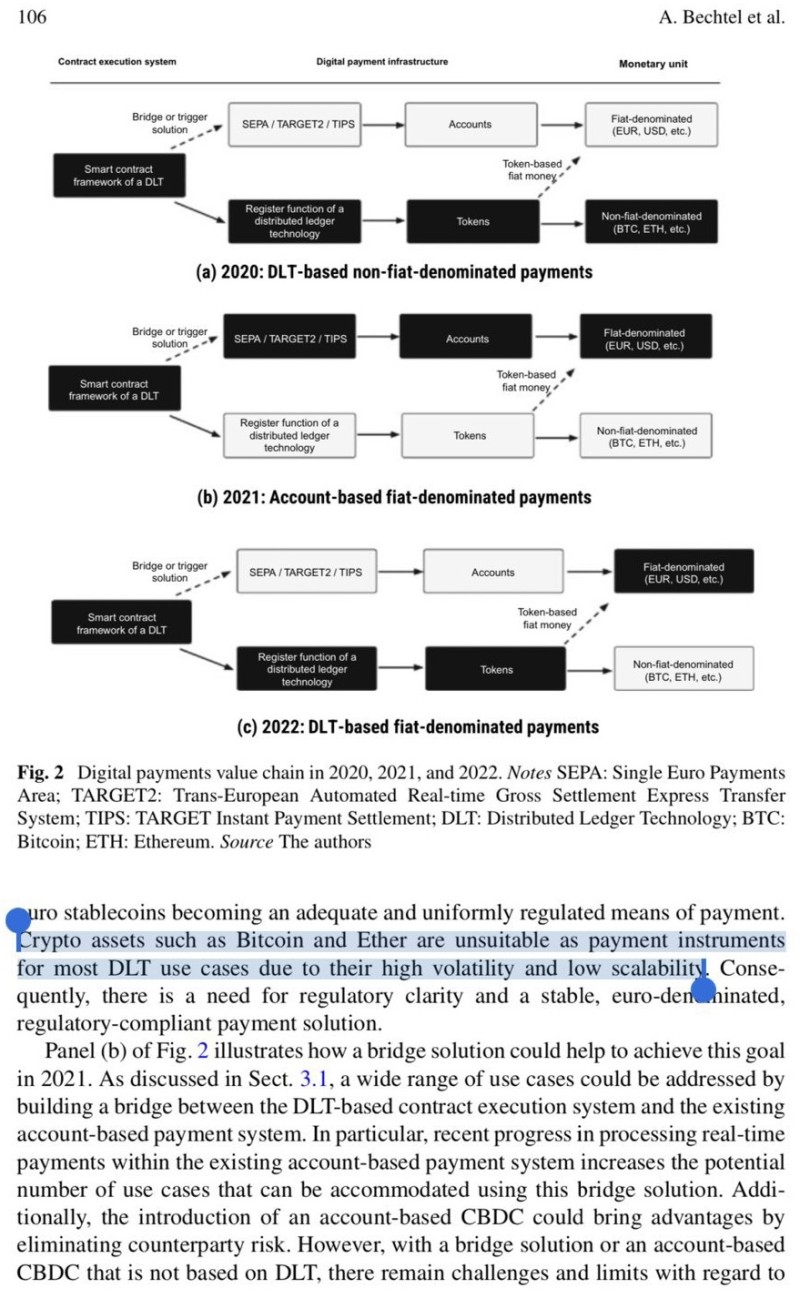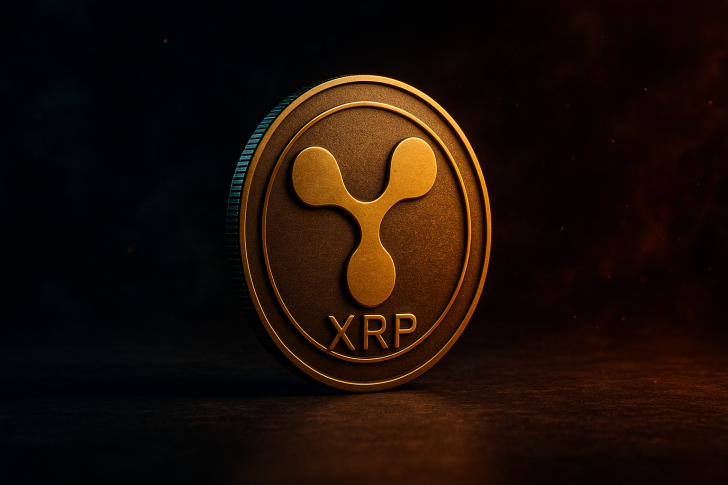While most crypto news focuses on price speculation and market drama, something genuinely significant just happened in Southeast Asia that could reshape how we think about digital payments. Malaysia's central bank didn't just acknowledge XRP exists - they're actively considering it as a viable alternative to traditional banking infrastructure. This isn't your typical "crypto adoption" story where a company starts accepting Bitcoin payments. We're talking about a national financial authority exploring how XRP could literally replace bank deposits in their future economy.
Malaysian Central Bank Puts XRP in the Spotlight
Malaysia's central bank just dropped something huge for XRP holders. In their July 2025 working paper on modern money and digital currencies, Bank Negara Malaysia specifically called out XRP as a game-changer that could work outside traditional banking rails.
Here's the kicker - they're not just talking about XRP as another crypto. The report straight-up says: "Private tokens such as XRP may be widely used as means of payment outside the banking system in the future, replacing CIC or bank deposits."

That's not crypto speculation - that's a central bank seeing XRP as a legitimate alternative to how we store and move money today. While they're also working on their own digital currency through Project Mawar, the fact that they're acknowledging XRP's potential role is pretty significant for the token's credibility.
XRP Price Could Benefit While BTC and ETH Get Dismissed
Here's where it gets interesting for XRP's price prospects. While Malaysia's giving XRP the thumbs up, European payment research is basically writing off Bitcoin and Ethereum for real-world use. The study bluntly states that "crypto assets such as Bitcoin and Ether are unsuitable as payment instruments for most DLT use cases due to their high volatility and low scalability."

This creates a perfect storm for XRP. You've got institutional recognition from a major central bank combined with clear technical advantages over the two biggest cryptocurrencies. When financial institutions start looking for crypto solutions that actually work for payments, XRP's speed and stability suddenly look pretty attractive compared to Bitcoin's slow transactions and Ethereum's gas fee nightmares.

The timing couldn't be better either. As central banks worldwide explore digital currencies and payment innovations, having Malaysia's central bank essentially endorse XRP's utility could influence other institutions to take a closer look. That kind of institutional validation typically translates into real demand - and potentially significant price movement for XRP holders.
 Saad Ullah
Saad Ullah

 Saad Ullah
Saad Ullah


